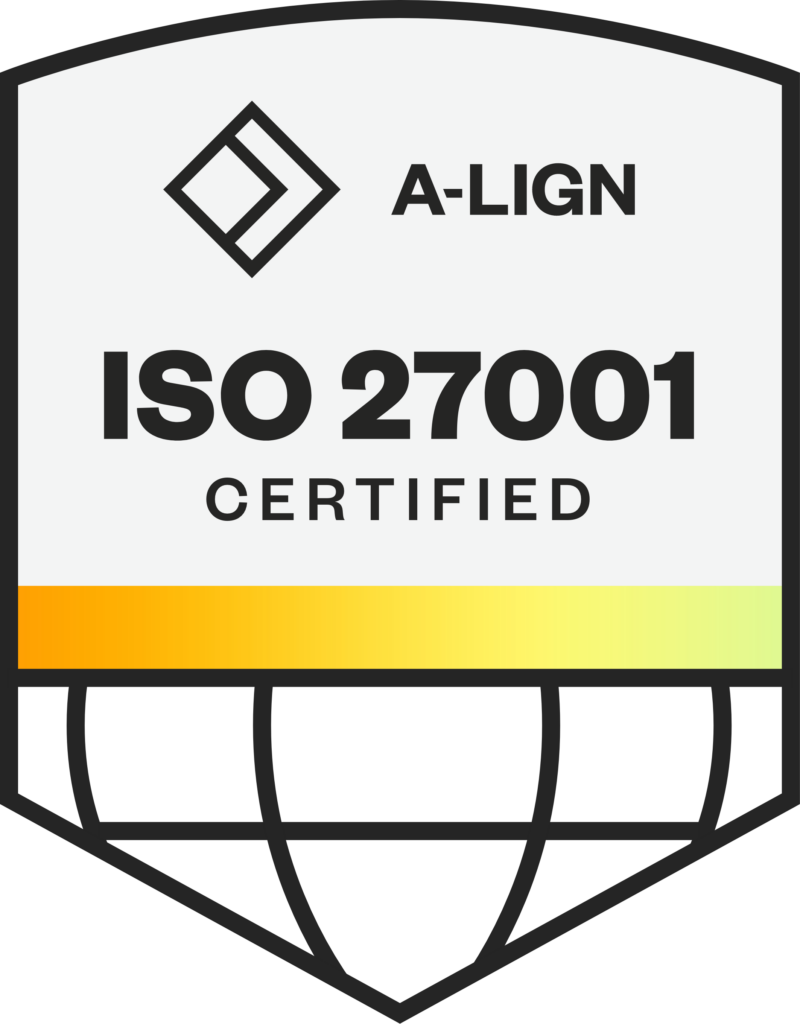オープンデータ® Assets Module
オープンデータ® Assets Module
Beyond spreadsheets or cumbersome CMDB implementations to manage data center infrastructure, the OpenData Assets Module was designed specifically to address the documentation and management requirements of data center facilities infrastructure and the IT equipment it supports.
OpenData’s virtualized assets model real world equipment, with the ability to fill in the gaps where monitoring is incomplete. This enables what-if scenarios and device failure simulations, as well as empowering advanced planning scenarios and comparisons.
モジュール・ハイライト
- OpenData Assets Module provides data center and facilities managers with the ability to visualize their assets and infrastructure, manage the placement of this equipment, and make informed capacity management decisions as new equipment is deployed and old equipment is retired.
- Auto-discovery of networked assets with correlation via the Asset Audit capability
- Asset search instantly finds asset records, including searching by resources like u-space and power availability.
- Locate assets that have triggered an alarm condition
- Eliminate outages caused by human error during equipment moves, adds, and changes
- Integrated Asset audit capability
- Supports barcode scanning and auto-discovery scans to reconcile asset inventories
- Both IT and Facility personnel can use the same data to make informed management decisions
- Virtualize individual assets to manage location, space capacities, change-outs, and more.
- Infrastructure Materials Catalog includes A comprehensive database of master records for the data center and facility infrastructure
- Advanced Visualization of Assets provides graphical representations of floor and rack placement of data center assets with support for identifying abnormal conditions,
- Tracking of network and power connections at the asset or port level
Supports initial asset loading and on-going audits - Unmatched Integration support that provides multiple ways of exchanging data with other applications (API’s, Web Services, etc.)



